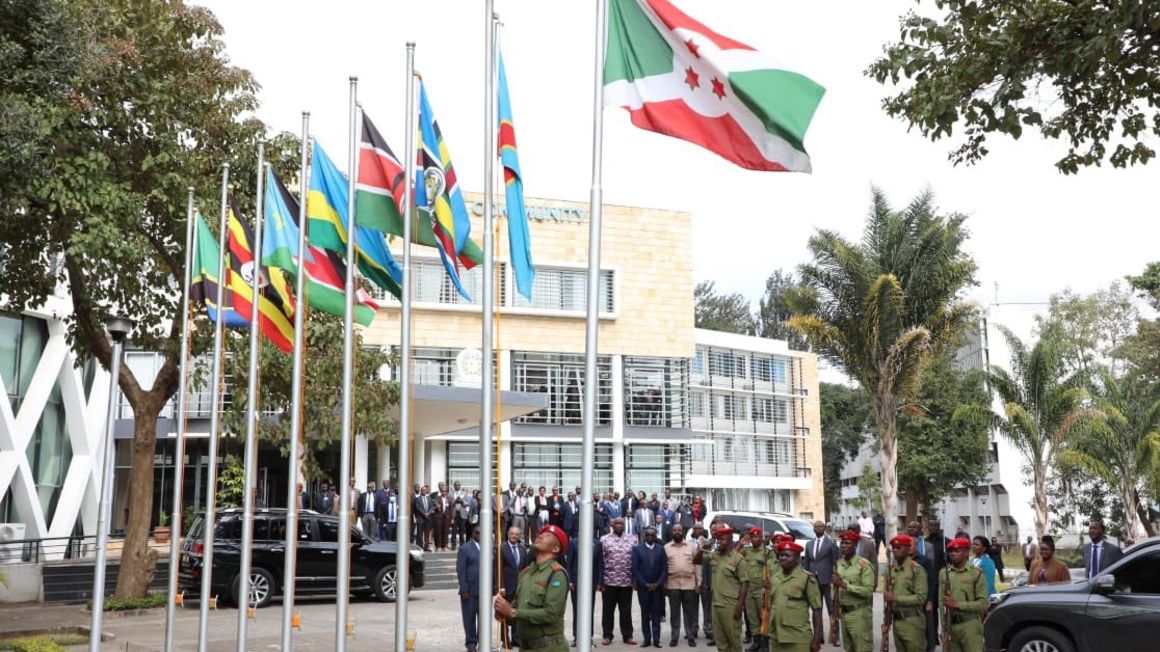Prime
African integration must top the agenda

Macxzzon Muhwezi
What you need to know:
- Africa can export much more than it is exporting now if the correct base for infrastructure and policies is constructed.
With the rise of capitalism and market-oriented socialism, the relevance of prosperity through trade has become clear. For instance, when Uganda buys products from Tanzania, it supports the prosperity of Tanzania.
Tanzania is then able to create jobs and increase tax revenue. Producers in Tanzania, besides continue to advance their technology supported in part, by Uganda’s purchasing power, the reverse is the case when outsiders buy goods or consume services.
Uganda is recovering from the 20 years of turbulence and economic meltdown between 1966 and1986. At that time, the economy shrank by 48 percent . Since the recovery, the magnitude of Africa and international trade has increased.
Production of maize in 1986 was only 200,000 metric tonnes per year compared to seven million tonnes now, Ugandans only consume 1.5 million tonnes per year. This is the same with sugar, coffee, tea, among others. However, who buys this surplus? Logic is that indeed without the African market, industries in Uganda would have collapsed.
As such, Africa’s total purchasing power is $8.6 trillion as presented by Gross Domestic Product but a huge chunk of this purchasing power is donated to foreign states. Africa’s import bill is now $724 billion, meaning, each year Africa uses 9 percent of its purchasing power to develop others.
Africa’s exports are $501 billion, 57 percent of this, is accounted for by oil and gas and 29.4 percent by minerals. Therefore, what really creates more jobs? Is it oil and gas or agriculture, manufacturing and services? Shockingly, Africa’s imports can also be manufactured on the continent.
Africa can export much more if the correct base for infrastructure and policies are constructed.
Trade in goods and services has been the main instrument for societies. Therefore, in 54 African countries, trading among themselves is extraordinarily strategic in prosperity, and can also act as an antidote to political upheavals, emanating from unemployment, parochialism and poverty. However, to achieve this, market integration in Africa must be treated as a matter of life and death to guarantee that much of the import bill is spent in Africa.
Since African economies are growing, the purchasing power also grows. Deliberate use of purchasing power to instrumentalise prosperity and also as bargaining power towards markets of others cannot happen without consummating African market integration. All non-tarring barriers and tariff barriers need to be removed to expedite intra-Africa infrastructure of railways, and electricity, lowering the cost of doing business and accelerating competition.
However, successful economic integration cannot be enough. Currently, the commonality with the African elite is insuring vehicles, businesses, buildings and others. The significant question is where is the insurance of Africa’s sovereignty? This continent has been either in the doldrums or decline for the last 500 years because of foreign aggression. This aggression was due to parochial and ego-centric traditional leaders who failed to unite the continent but divided and weakened it on selfish interests despite a clear threat of foreign invasion.
Three main points were key to Africa’s independence; the 1st and 2nd world wars, the support of socialist states and the resistance of modern African freedom fighters (the frontline states).
Since the liberation of Africa, much hasn’t been done to strengthen and ensure the sovereignty, 65 years since Ghana’s independence, I am still perplexed by the fact that majority Africans, the multi-dimensional leaders and young people who actually are in Africa much longer, haven’t attempted to think about African integration in its totality.
Economic integration alone cannot guarantee immunity from another form of aggression. It can accelerate economies but it can’t give strategic security, and superiority in space, on land, sea and air. Only political integration can achieve this.
Macxzzon Muhwezi is a political scientist




